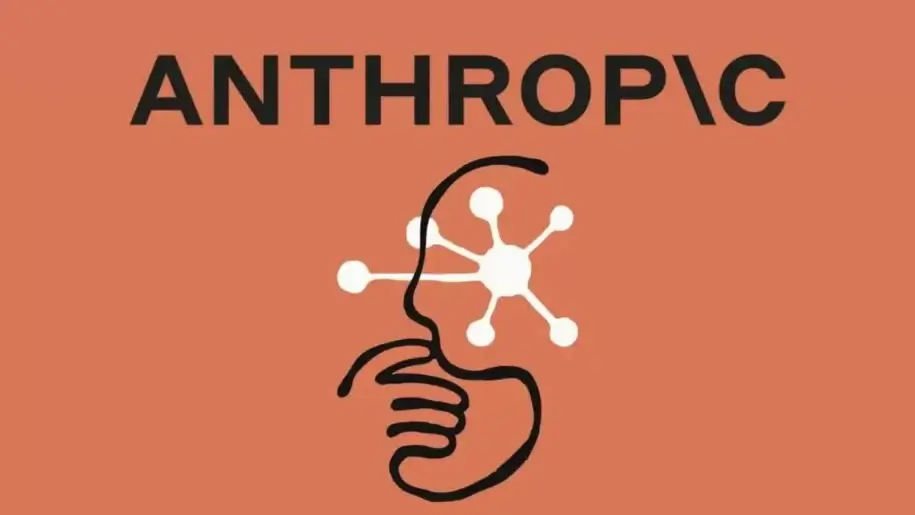At its annual Sapphire conference in Orlando, SAP unveiled a suite of Business AI innovations designed to revolutionize workflows and deliver significant productivity gains across industries. The company projects that these new AI-powered tools and partnerships can boost business productivity by up to 30%. SAP's strategy revolves around embedding AI directly into its business applications, making it accessible to users across various systems and lines of business.
SAP is expanding its AI assistant, Joule, making it virtually omnipresent, capable of delivering personalized answers and proactive support within and outside the SAP application ecosystem. Joule can now access both structured and unstructured data, offering real-time insights and streamlining workflows. A new action bar powered by WalkMe allows Joule to learn from user behavior across applications, anticipating needs and providing proactive assistance while adhering to strict ethical AI guidelines. Joule's capabilities are further enhanced through a collaboration with Perplexity, an AI-powered answer engine company. This integration allows Joule to draw on a wider range of data sources to solve complex business problems, presenting information visually through charts and graphs grounded in real-time business data within SAP workflows.
SAP is also introducing a range of Joule Agents, AI-powered tools designed to execute end-to-end processes across various business functions, including customer experience, supply chain management, spend management, finance, and human capital management. These agents are designed to operate autonomously and adapt to changes, enabling businesses to maintain agility in dynamic environments. SAP is partnering with industry leaders to offer an ecosystem of interoperable agents that can seamlessly integrate across systems.
To support the development and deployment of AI solutions, SAP has launched AI Foundation, an operating system for Business AI. This platform provides developers with a single entry point for building, extending, and scaling custom AI solutions. AI Foundation includes tools such as Joule Studio, which helps developers create custom AI skills and agents using low-code and no-code capabilities. A new prompt optimizer, developed in collaboration with the AI lab Not Diamond, helps developers create more effective AI prompts, significantly reducing development time.
SAP is also focused on simplifying cloud adoption and data management. The company has introduced new solutions to help customers transition to the cloud faster, leveraging Joule and insights from SAP Signavio and SAP LeanIX to provide personalized guidance and actionable recommendations. These solutions are designed to accelerate time to value by up to 35%. SAP Business Data Cloud has been enhanced with new intelligent applications tailored to specific business lines, enabling continuous learning, outcome simulation, and informed decision-making.
SAP's CEO, Christian Klein, emphasized the company's commitment to delivering Business AI that drives digital transformation and helps customers thrive in an unpredictable world. He stated that SAP combines its suite of business applications with rich data and AI innovations to create a flywheel of customer value. The company's focus on "agentic AI" aims to democratize artificial intelligence across business processes, addressing the productivity decline seen with increasing application fragmentation. By embedding AI across all business functions, SAP aims to ensure that enterprises can seamlessly adopt digital transformation, improve efficiency, and gain a competitive edge.
SAP is also committed to ethical AI practices, ensuring fairness, compliance with global regulations, and transparency in its AI solutions. The company's AI solutions are designed to be adaptable and customizable, catering to the unique needs of different businesses and industries. SAP Business AI leverages machine learning, natural language processing, and predictive analytics to provide actionable insights, automate tasks, and enhance decision-making. These innovations are expected to significantly impact various industries, including finance, HR, supply chain, manufacturing, and customer experience, by streamlining operations, improving productivity, and enabling smarter decisions.
















